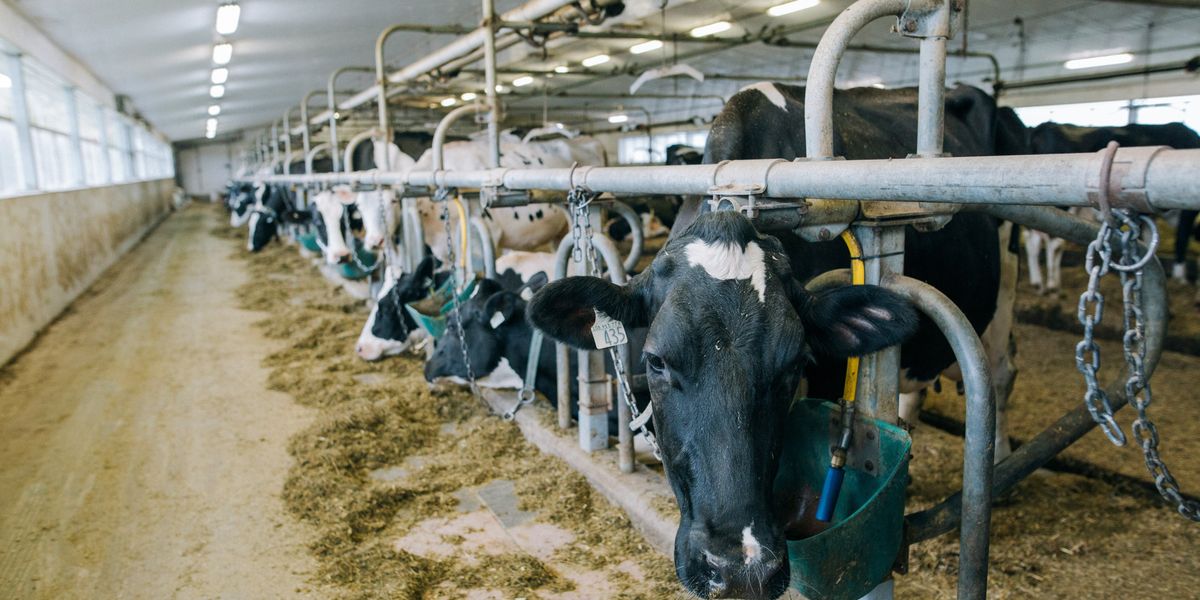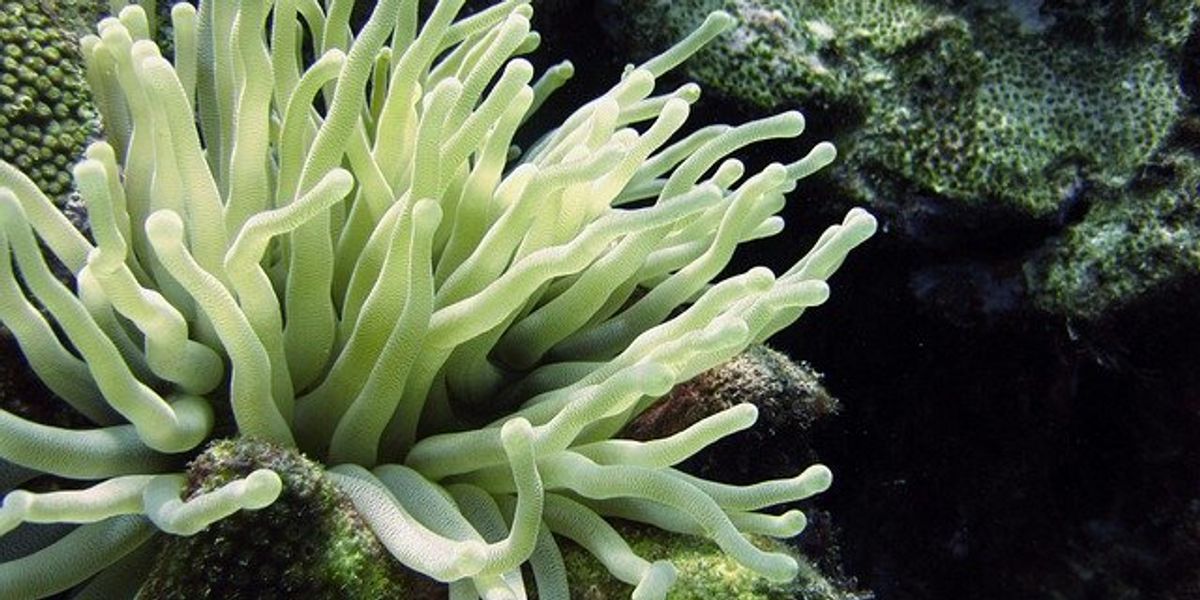america;carbon
Bayer launches carbon capture program for U.S. and Brazil farmers
'Waterfall' of microbes in Antarctic sea floor leads to discovery of methane leak
Scientists have discovered an active methane seep from Antarctica's sea bed that could shed light on the potent greenhouse gas trapped beneath frozen continent.
Amazon and other large ecosystems at risk of rapid collapse: Study
Large ecosystems such as the Amazon rainforest and coral reefs could collapse faster than scientists had previously assumed, according to a study published on Tuesday.
Amazon emissions lowest from indigenous and protected lands, scientists say
Indigenous lands and protected areas in the Amazon rainforest account for just 10% of all carbon emissions from tropical forests spread across the nine countries of the Amazon in South America, researchers say.
Developing nations to study ways to dim sunshine, slow warming
Scientists in developing nations plan to step up research into dimming sunshine to curb climate change, hoping to judge if a man-made chemical sunshade would be less risky than a harmful rise in global temperatures.
The existential trap of solar geoengineering
With so much at risk from climate change, scientists in developing nations understandably argue they must be at the table as these technologies are explored for their benefits and costs (see commentary in Nature). This story from Reuters explores an initiative, the Solar Radiation Management Governance Initiative (SRMGI.org) that is facilitating developing nation engagement in assessing solar geoengineering.
Let's hope their deliberations encompass the existential threat these technologies pose: One they are employed, they give excuses to avoid reducing carbon emissions. Yet once they are deployed, what happens if major societal disruptions bring them to a halt (for example, if financial collapse means there are no longer resources to pay for them)? The carbon emissions that were permitted to enter the atmosphere because of the promise of solar geoengineering will likely rapidly assert their impact on global temperatures. Any assessment of solar geoengineering must examine this endgame.
There are other obvious risks, most especially that solar geoengineering to lessen temperature increases does nothing to prevent further accumulation of carbon dioxide in the oceans and fresh water bodies, exacerbating acidification.
See the full story in Reuters.
Developing nations to study ways to dim sunshine, slow warming
Corals at risk as underwater heat waves strike more often
High ocean temperatures are harming tropical corals almost five times more often than in the 1980s, undermining reefs' ability to survive marine heat waves caused by man-made climate change, scientists say.



















